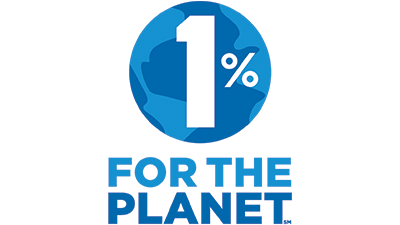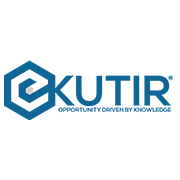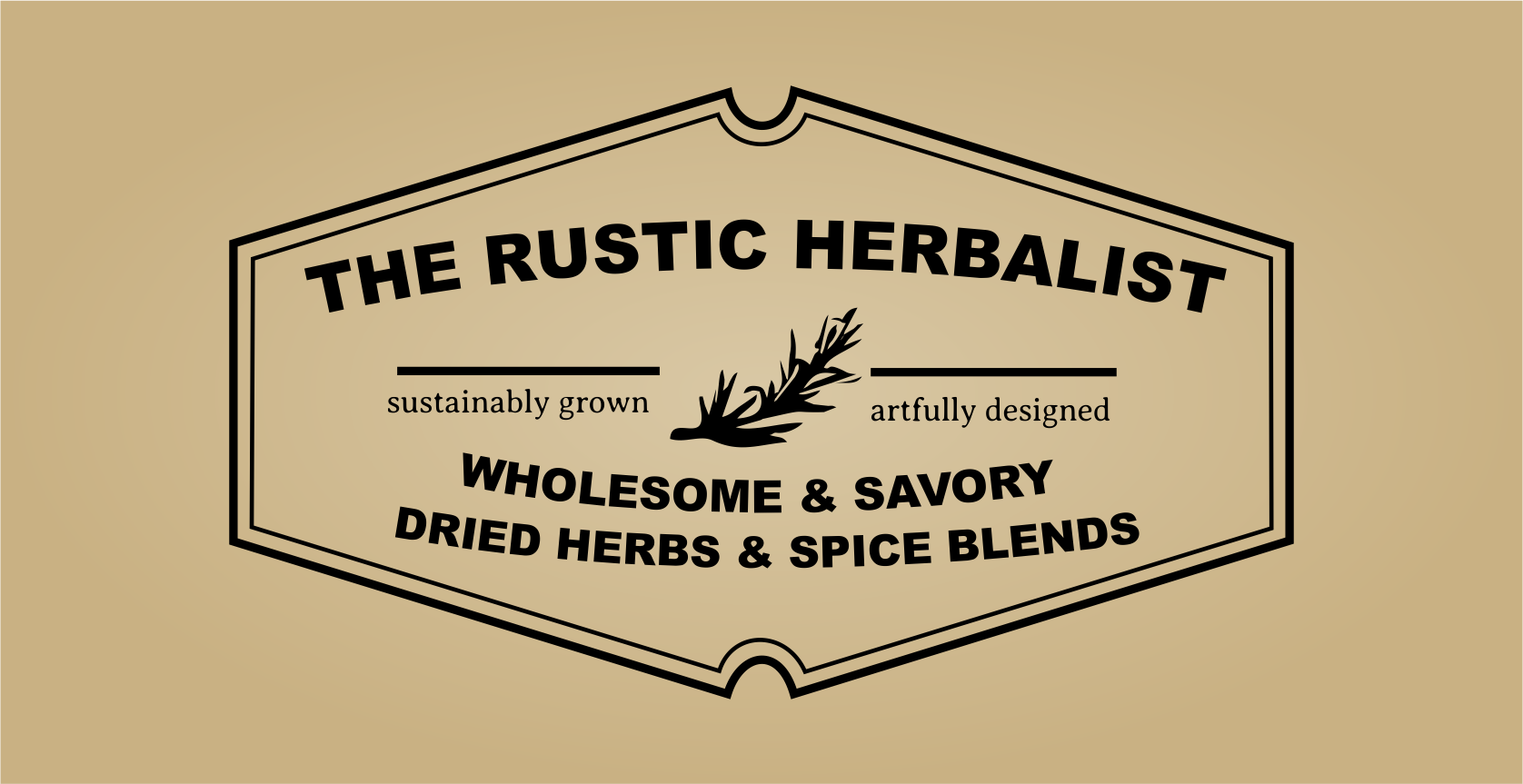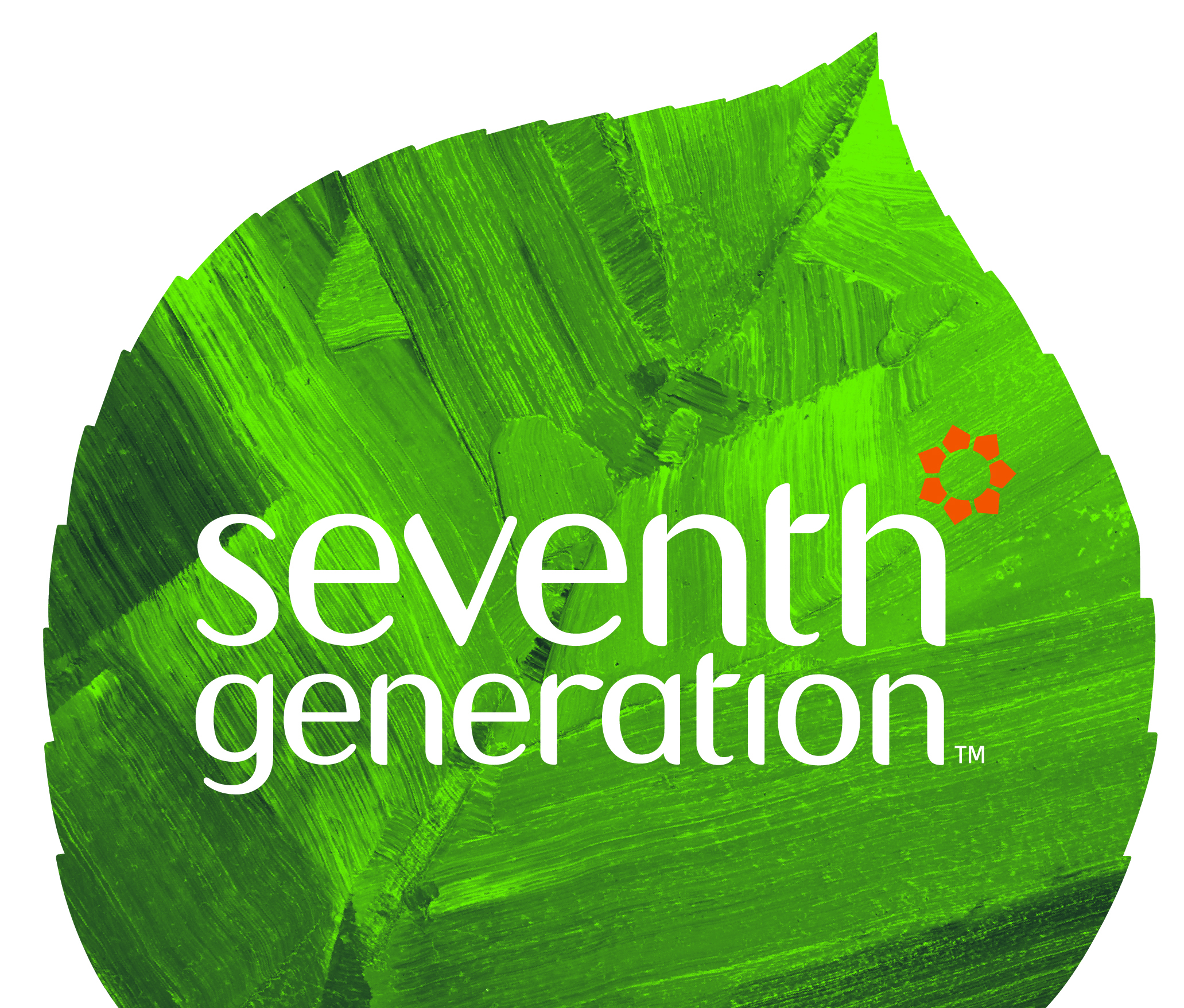Host: 1% For The Planet
Project: Evolving the Strategic Portfolio to More Effectively Engage Start-Ups, Sustainable Ventures, and Social Enterprises in the 1% for the Planet Network
Founded by Yvon Chouinard of Patagonia and Craig Matthews, former owner of Blue Ribbon Flies, 1% for the Planet (1% FTP) is an environmental nonprofit leading a global network of more than 1,200 businesses, thousands of nonprofits, and individuals working together for the health of our only home. Collectively, members have given more than $150 million back to the planet since 2002. Traditionally, member companies who join the network agree to donate 1% of their annual sales directly to approved environmental nonprofits. The 1% FTP membership team advises and supports member businesses in developing nonprofit partnerships and, with its branded logo, provides credible third-party certification for company giving.
As the global business ecosystem continues to change, 1%FTP recognizes the need to examine its current business model and develop innovative solutions that better suit non-traditional businesses. The practicum team will conduct broad research (including primary interviews with member business and other companies, secondary research, and data analysis) to design a customized 1% FTP membership and network engagement model for start-ups and sustainable ventures that addresses the challenges they face, while creating shared value for the various stakeholders within the network. Additionally, the team will develop a strategic assessment tool for 1% FTP that helps to identify key qualities of a social enterprise based on mission and impact. Ultimately, the team will explore new product offerings beyond the traditional business membership.
Host: Eighty West
Project: Outdoor Lifestyle Tech Accessories Start-up
Eighty West is a tech accessories startup that lives at the intersection of outdoor lifestyle and technology, striking a balance between staying connected and being connected. Eighty West seeks to bridge a gap between these elements, while recognizing the adverse impact human consumption has on the very thing that enables our adventures: the earth. For this reason, Eighty West aims to identify and utilize innovative materials, creating a circular product life cycle, while also maintaining manufacturing transparency. Its mission is to enhance the experience of adventure with authentic outdoor lifestyle tech accessories, and in doing so, offer the conscientious consumer a greener alternative.
Host: eKutir
Project: ICT-Based Solutions for Smallholder Farmers
eKutir, leverages a human digital platform to build a self-sustaining ecosystem to address various challenges of smallholder farmer poverty. Through the development of these digital applications, farmers are able to increase crop yield and profitability by 120-200% and lower costs by 70%. eKutir’s business model has currently engaged more than 70,000 farmers through its partners in three countries—India, Bangladesh, and Cambodia—and is planning to roll out to several Latin American and African countries in the near future. To meet this global demand, eKutir must understand the technological resources, community needs, and regulatory barriers to reach global scale. SEMBA students will work with eKutir to develop the next generation strategy and business model to encourage more rapid and effective scaling across developing and developed countries.
Host: Evergreen Capital/Kria
Project: Strategies for Therapeutic Botanical Market Development in Vermont
By leveraging the extensive natural healing properties of CBD (cannabidiol), the SEMBA team aims to develop a brand, market, and distribution strategy for a non-addictive and non-toxic alternative to commonly used Rx and OTC medications (including but not limited to: narcotic pain-killers, anti-inflammatory drugs, and psychotropic drugs). The primary goal is to contribute to the transition from conventional to natural medicinal alternatives, thus, specifically addressing the United States’ systemic dependency on synthetic treatments for symptoms often associated with high intensity occupations. In conjunction with the Kria Group, the Vermont Cannabis Collaborative, Evergreen Capital, and additional stakeholders, the SEMBA team will co-create a viable short term and long term strategy to enter and prosper in the CBD and therapeutic botanical market.
Host: Facebook
Project: Terragraph: Internet Access for the Underserved
Facebook Connectivity Lab's mission is to do the fundamental research to connect the 4.2 billion people who are without access to the Internet or underserved with limited connections to the Internet. Using new technologies built by Facebook’s Connectivity Lab, the company seeks to leapfrog traditional methods for connectivity and offer disruptive, innovative projects to connect the “last mile.” The SEMBA practicum project will work with the Facebook team on project Terragraph; one of the Connectivity Lab’s terrestrial internet solutions. This practicum project will continue the work started by a SEMBA Practicum team from last year’s 2015-16 class. The focus of the project will be on understanding the ecosystem in dense urban slums in India to build the value proposition of Terragraph technology, with a particular focus on non-users—particularly women and girls. SEMBA students will be conducting on the ground work to uncover challenges and solutions associated with the use and implementation of the technology. These findings will assist Facebook in determining a viable business model for project Terragraph in India and a framework for the rest of the world. The goal of the project overall is to create mutual value for businesses and the communities they operate in, creating a truly sustainable venture.
Host: Global Evolution
Project: Elaborating ESG and Sustainable Development Indicators for Emerging and Frontier Markets
Global Evolution is a Denmark based investment manager specializing in emerging and frontier market sovereign investments. Global Evolution actively promotes responsible investing and integration of environmental, social and governance (ESG) criteria in their investment decision-making process. They are widely recognized and respected experts and pioneers in this market segment.
The focus of the practicum is to: 1) Develop an updateable ESG framework supporting impact investing. 2) Create and refine country specific ESG cases for frontier and emerging markets. 3) Present reasons for integration of the information gained (from 1, 2) into Global Evolution’s investment and research processes.
Host: Ingersoll Rand
Project: Integrating Sustainability in Corporate Strategy
This practicum will focus on identifying new business opportunities that have the potential of becoming meaningful extensions of IR’s existing portfolio – opportunities that leverage IR’s core competencies, fit with IR’s commitments to sustainability, are based in Brazil and could either be organic or acquisition-based; food waste in Brazil specifically is the target for investigation. Agriculture is one of the largest contributors to GDP in Brazil, and food preservation along the value chain of farm-to-fork is a central concern from a sustainability standpoint. IR currently participates in the category of transport refrigeration. The team will identify specific areas of potential adjacencies to IR’s current offerings that are profitable, reinforce sustainability identity, are value creating, align with declared areas of IR’s unique competencies, and help reduce overall food waste in the target country. In addition to a set of recommendations for strategic moves in Brazil, the practicum team will also develop a case study that describes the evolution of Ingersoll Rand’s corporate strategy to reflect its current focus on sustainability.
Host: Noble Essence
Project: Sustainable Odor Destroyer
Noble Essence is an odor destroyer liquid solution, that utilizes sustainable sourcing of our core ingredients and sustainable business practices. Our product removes the toughest odors from people’s hands, including gasoline, nicotine, garlic, onion, and even fish. We will provide consumers with a solution that not only removes these tough common odors, but also disinfects and offers an array of options for a personalized fragrance touch.
This will be executed through multiple sustainable business facets along the value chain. It will begin with the sourcing of core ingredients, then to the sustainable production of the product, and lastly to the customer benefits offered. Many fragrance experts dwell in regions where our core ingredients come from in developing countries. In some of these areas, water scarcity is a major issue, such as India for example. A core part of this business model is tapping into this local knowledge and utilizing the local fragrance experts as key suppliers, while simultaneously providing them with a powerful, waterless, disinfectant available for their use.
Noble Essence will be brought to consumers in the local sourcing markets along with consumers here in the United States. Further market research will determine where the demand is for this product. During this practicum project, the overarching goal is to develop a business plan and engage in the initial steps in launching Noble Essence.
Host: Philips
Project: Creating A Business Model for Mobile Cervical Cancer Screening in Developing Countries
With Philips, the SEMBA team will work to develop a business model and market entry strategy for a medical device and/or screening service for cervical cancer screening and education in Kenya, that can be replicated into other emerging markets.
Currently, almost all cervical cancer screening devices in developing countries have been designed for use in developed countries. Up to three quarters of these devices do not function in their new settings and remain unused due to a lack of needs assessment, appropriate design, robust infrastructure, spare parts, consumables, and information for procurement and maintenance, as well as trained health-care staff. Additionally, cervical cancer screening devices are often underutilized because women do not know the benefits of being screened.
Community and primary health care in low resource settings require appropriate medical devices and technology with strong value propositions and business models to support more equitable access to health care. In this project, SEMBA students will work with the Philips Africa Innovation Hub in Nairobi, Kenya to scope such a business case linked to a viable business model, market entry strategy and appropriate action plan for the commercialization of the Philips’ mobile technology for cervical cancer screening. This business model and go-to-market strategy will support the launch of a mobile technology that has the potential to prevent deaths due to cervical cancer throughout the developing world.
Host: The Rustic Herbalist
Project: A Venture to Create a Sustainable, Mission-driven Start-up
The overarching goal is to create a financially feasible, sustainable enterprise based on the idea that business can be used as a force for good. Many companies seek third party certification and develop CSR strategies to appease growing environmental and social concerns from customers, particularly with agricultural products. This reactionary approach demonstrates a lack of concern from the business community and a complete focus on the bottom line. The purpose of this practicum however, is to launch a tea and spice company with all stakeholders in mind from the start. This venture will stand for sustainability and transparency, and be a stimulant for small-scale entrepreneurship. The Rustic Herbalist aims to change how consumers choose their spices, seasonings, and tea products.
This tea and spice company will bring radical transparency to the supply chain while creating shared value with the communities from which it sources ingredients. Rather than giving a percentage of profits as philanthropy, as many companies do, this company works directly with small farmers and communities to design social and environmental projects that truly benefit the people who need it most, while creating a resilient supply chain in the face of climate change.
Host: Seventh Generation
Project: Zero waste product development
Seventh Generation is one of the nation’s leading brands of household and personal care products designed with human health and the environment in mind. The company is continually innovating new and improved products to meet consumer needs, reduce costs, and improve product effectiveness. As a model for other companies and a leader in the personal care industry, they are working towards a comprehensive set of 2020 goals that continue to transform commerce, enhance health, and nurture nature. This practicum project will contribute progress towards the goal of a zero waste product line – specifically all products and packaging are either biodegradable or recyclable.
SEMBA students will join the Seventh Generation team to work on the diaper category- one of the biggest barriers to the zero waste goal. While SVG diapers certainly have sustainability benefits (less water used in manufacturing, no chlorine bleaching, FSC certified wood pulp), they are still a disposable product that end up in a landfill. In partnership with the internal fibers R&D team, they will develop concept articulations for different manifestations of diapers that effectively reduce landfill impact. Consumer insights and market research will influence the concept articulations and determine consumer appetite for new diaper concepts. Additionally, the team will assess financial viability of the proposition, formulate a channel strategy, and recommend a path forward.
Host: ThinkMD
Project: Strategy Analysis for a New, Inclusive Health Venture
THINKMD, a social venture founded in 2014, aims to expand healthcare access for everyone, everywhere. THINKMD’s product, MEDSINC, puts clinical assessment capability in the hands of mobile users. MEDSINC empowers minimally-skilled health workers in resource poor regions to accurately measure the sickness of children and automatically generates triage and treatment recommendations leading to accurate and timely intervention. Additionally, the product’s collection of critical public health data could change how the healthcare sector reacts to pandemic threats.
The SEMBA students will join THINKMD’s team to support their mission. Together, we will expand healthcare access and leverage data to create better health outcomes for all. The students will assess existing and alternative business models to help the THINKMD team hone the company’s corporate strategy as they prepare for commercial scale. Students will perform market and competitive landscape analyses to identify and confirm product differentiation and unique value proposition. This will inform commercial strategy, partnership objectives, market positioning, and alternative revenue model opportunities.
Host: VSECU
Project: Reinventing the Credit Union
How can a member-owned credit union bring people together to leverage cooperative ownership and invest in their community? The practicum will approach this challenge by working with VSECU leadership to develop projects that create value for members as a part of their financial community.
What if your bank not only facilitated financial well-being, but also measured and grew social and environmental wealth? The SEMBA practicum team will work with VSECU to build a personal prosperity score. This score will measure wealth in holistic terms—pairing metrics with education to assess progress towards true prosperity.
In addition, the practicum will work with Milk Money, a Vermont-based equity crowdfunding platform backed by VSECU, to evaluate the possibility of a pooled investment fund. The fund will aim to offer a more accessible and less risky means of investing in local businesses. The practicum will also explore other investment vehicles that offer returns to Vermonters while advancing VSECU’s vision.
